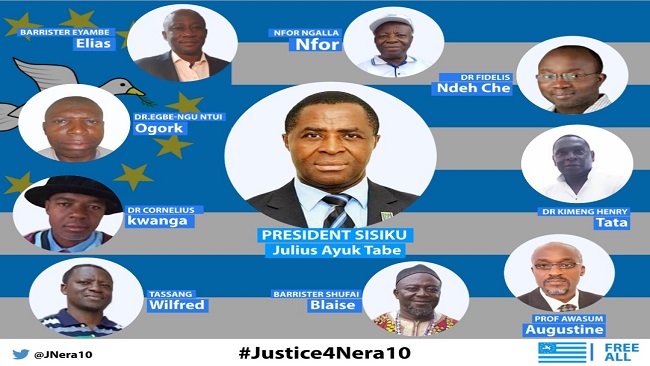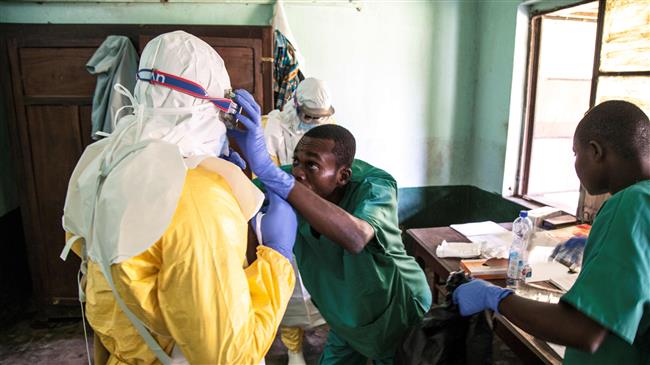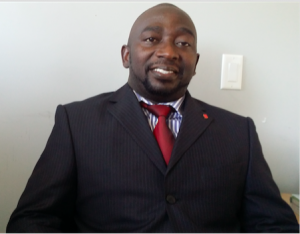30, August 2019
Keep schools open, Cameroonian bishops tell Ambazonia Interim Gov’t 0
Some bishops in Cameroon have urged Anglophone separatists to allow schools to reopen, after militants abducted a bishop and two priests for condemning the school shutdown campaign.
“All children deserve the right to education and a good future wherever they decide to spend their lives,” said members of the Bamenda provincial bishops’ conference.
“Many parents have been consistently deceived about their children’s education, while arguments about a lack of security are used to frighten and prevent them sending [children] to school.”
The three-page open letter was published on August 24 after independence fighters in Cameroon’s northwest and southwest regions called for a new school shutdown.
The bishops said separatists had burned schools and killed teachers who had defied past boycott demands and should now “approach the issue of schools with reason more than emotion.”
However, the letter also called on the government to “exercise more vigilance” over military units and ensure they remained “as far from schools as possible.”
“Schools are not barracks, and [soldiers] should not enter them unless invited by competent authorities,” the bishops said.
“Every state has a right to employ its military to protect citizens and defend its territorial integrity. However, it is also known that some military have used exaggerated force against innocent civilians and sometimes committed horrendous crimes against children,” they said.
The letter was published as Bishop George Nkuo of Kumbo was freed by abductors on August 24, five days after two of his priests were released by separatists.
Journal du Cameroun said all three had been detained in apparent retaliation for an August 15 homily by Bishop Nkuo, who condemned the school closures as a “crime against humanity and a great exploitation.” He called on Catholics to resist “the evil dragon of violence, torture and kidnappings.”
Separatist leader Mark Bareta denied the bishop had been kidnapped and told the same newspaper Aug. 26 his fighters were “civilians and Christians,” and had sought “a conversation with their bishop.”
At least 2,000 people have been killed and 400,000 displaced during three years of army deployment in the Anglophone regions, where separatists declared an independent state, Ambazonia, in October 2017 after protesting the encroachment of French-language controls.
Church leaders and human rights groups have condemned atrocities by both sides in the territories.
Other senior Catholic clergy have also been abducted, including Archbishop Cornelius Esua of Bamenda, who was detained briefly in June after attempting to pass a separatist roadblock.
In an Aug. 27 statement, Unicef estimated 4,400 schools had been closed and 74 burned, leaving more than 600,000 children without education in northwest and southwest Cameroon. Journal du Cameroun said a “mass exodus” was now underway to avoid the separatist shutdown.
Source: Catholic Herald




























3, September 2019
Ambazonia threats scuttle school reopening in Southern Cameroons 0
Empty schools in the English speaking region of Cameroon marked the opening of the academic year due to tensions in the region.
Residents have either fled or are hiding in their homes as the Anglophone separatists battle with government forces.
The rattle of gunshots in the north and southwest regions meant that whiles students in other parts of the country went to school, the situation was different in parts of the two regions.
The state-owned CRTV on the first day of reopening (September 2) admitted that classes had began in areas of the northwest but amid tight security. Separatists had warned they will disrupt any attempts to reopen schools.
As at today (September 3), CRTV reported that reopening of schools in the northwest had been timid but encouraging. Local newspapers are reporting a mixed reopening day.
Whiles one led with “Top départ” referring to the reopening day boom, another led with “Black to school” instead of “Back to school.”
Gustav Okuyu, resident of Bamenda told reporters why his kids had not gone to school: “My children have not gone to school, because… Look, one: my house has been burnt. Some of them are in the bush. Where will I take the other ones?
“I don’t even have money to send them to school. That’s why my children have not gone to school… I don’t even have a house and the others have run. I am an IDP (internally displaced person).”
After two years of conflict, a solution to the war between those calling for independence of the region and the government seem far from being found.
“The government has to bring eveybody to the table, so that everything can be OK. Many people have said it, France has said it, America has said it: to the dialogue table. What is the problem with dialogue? Everybody wants dialogue, who doesn’t want peace in his house?” Gustav quizzed.
Tensions have risen following the sentencing of the separatist leader Julius Sisiku Ayuk Tabe and others to life in prison by a military court sitting in Yaounde.
Naseri Paul Bea, a governor of the central region in an interview with CRTV said schools in his region were a little overwhelmed especially because of IDP students.
He added that upgrades on facilities and other plans by government will help ease the burden. He also said his outfit were yet to ascertain exactly how many IDPs had enrolled.
Source: Africa News